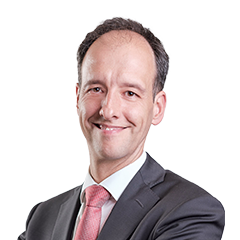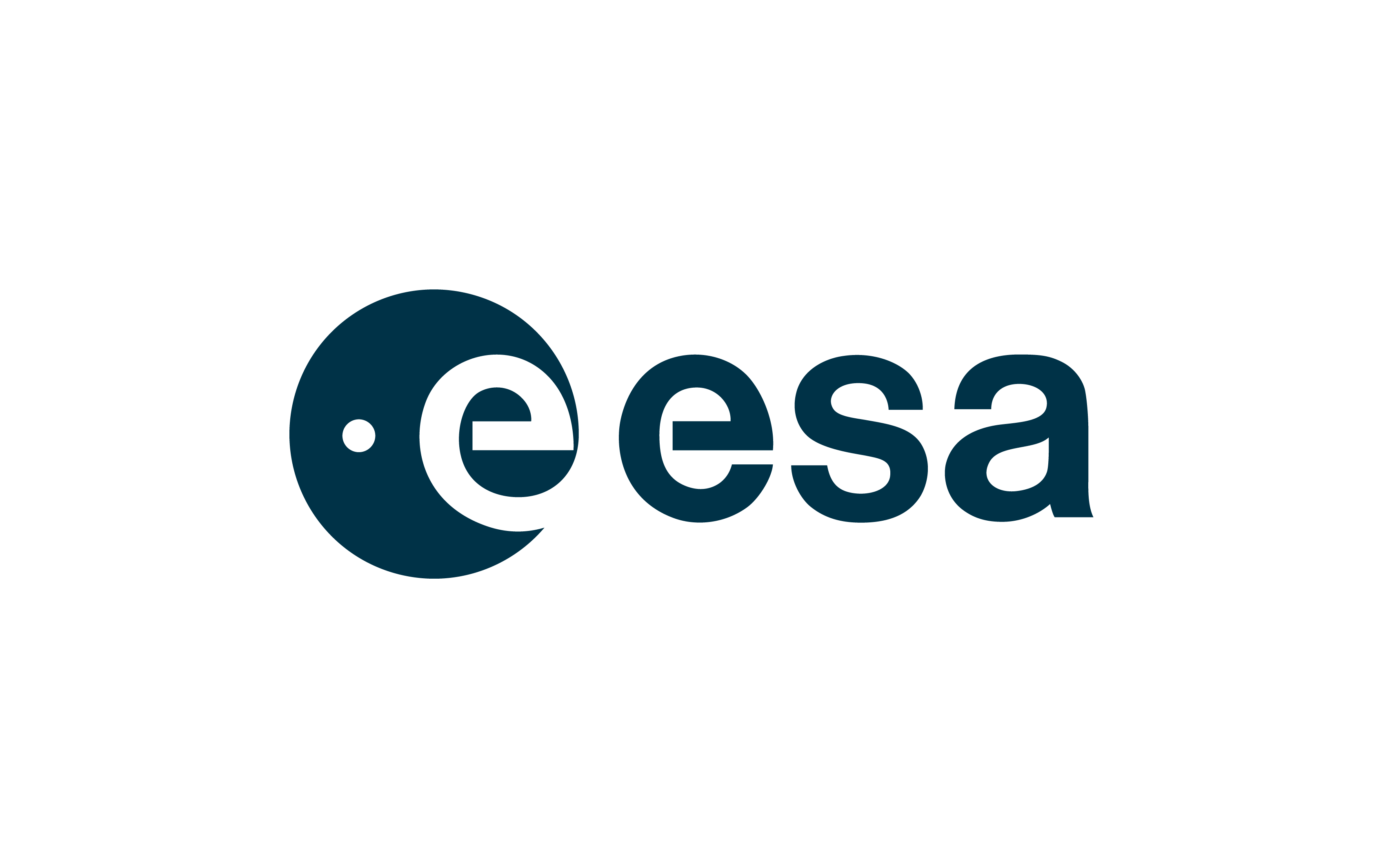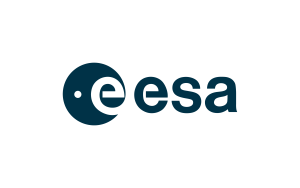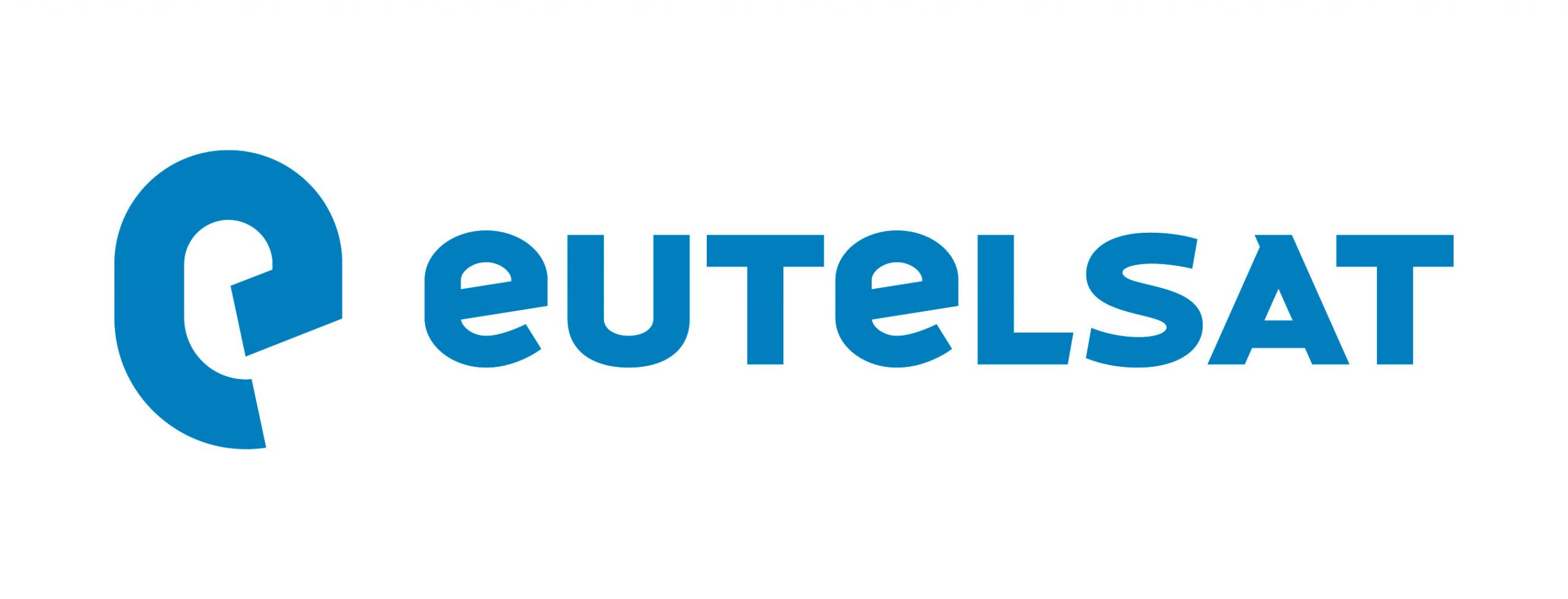Vice-President, Polish Space Agency (POLSA)
Colonel Marcin Mazur is the Vice-President of the Polish Space Agency (POLSA) – an executive agency of the Ministry of Economic Development and Technology, est. 2014. POLSA supports the Polish space industry, cooperates with international agencies and public administration in the field of exploration and use of Outer Space.
Col Mazur’s goal is to execute the Polish Space Strategy issued in 2017, which is in compliance with both the Space Strategy for Europe 2016 and the NATO Overarching Space Policy 2019, and implement the National Space Programme 2022-2026.
Col Mazur’s responsibility in POLSA is to systematize security and defence activities, in particular the development of dual-use capabilities which may apply for military and civilian applications:
- EO – Earth Observation satellite systems;
- SATCOM – Satellite Communications systems;
- SSA / SST – Space Situational Awareness / Space Surveillance and Tracking;
- Launching technologies.
Colonel Mazur was commissioned in 1998 and promoted to his first officer’s rank, 2nd lieutenant, in 2002. He graduated from the Military University of Technology in Warsaw with a Master’s Degree in Topography and Mapping. He started his career as a Geospatial Officer at the 6 th Independent Geographical Unit in Torun where he became the leader of Mobile Geospatial Support Team dedicated for NATO Response Forces. Following that Colonel Mazur served at the Joint Force Command Brunssum, the Netherlands, in the Geospatial Support Section, J2 Intelligence Division and as an IMINT Officer at the Military Geographical Centre in Warsaw from where he was assigned in 2012 to the General Staff of the Polish Armed Forces, P2 Intelligence Division, Imagery Intelligence Branch. As an Intelligence Officer, he was also appointed as a Part-time Inspector for Treaties on Conventional Arms Control in Europe (CFE) and Vienna Document 2011 (VD11) inspections. In August 2017 he became the IMINT Branch Head and in January 2019 was promoted to Colonel rank. As the IMINT Branch Head he was responsible for defining Earth Observation (EO) and Space Situational Awareness (SSA) military requirements. He was the co-chairman of the Polish-Italian Operational Working Group with regards to the COSMO SkyMed (CSK) and OPTSAT-3000 systems. Nationally he served the Chairman role of the Inter-ministerial Earth Observation Task Group.
EDUCATION
2003 Master of Science in Topography and Mapping, Military University of Technology, Warsaw
2013 Military Intelligence Officer Course, Regional Joint Intelligence Training Facility, US European Command / US Africa Command, Warsaw
2016 Postgraduate Studies, GIS, Photogrammetry and Remote Sensing for Defence and Security Purposes, Military University of Technology, Warsaw
ASSIGNMENTS
1998 – 2003 Officer Cadet, Military University of Technology, Warsaw
2003 – 2008 Geospatial Officer, 6th Independent Geographical Unit, Torun
2008 – 2010 Geospatial Officer, Joint Force Command Brunssum, the Netherlands
2010 – 2012 Imagery Intelligence Officer, Military Geographical Centre, Warsaw
2012 – 2017 Imagery Intelligence Officer, P2 Intelligence Division, General Staff of the Polish Armed Forces, Warsaw
2017 – 2021 Imagery Intelligence Branch Head, P2 Intelligence Division, General Staff of the Polish Armed Forces, Warsaw
2021 – Vice-President, Polish Space Agency, Warsaw
